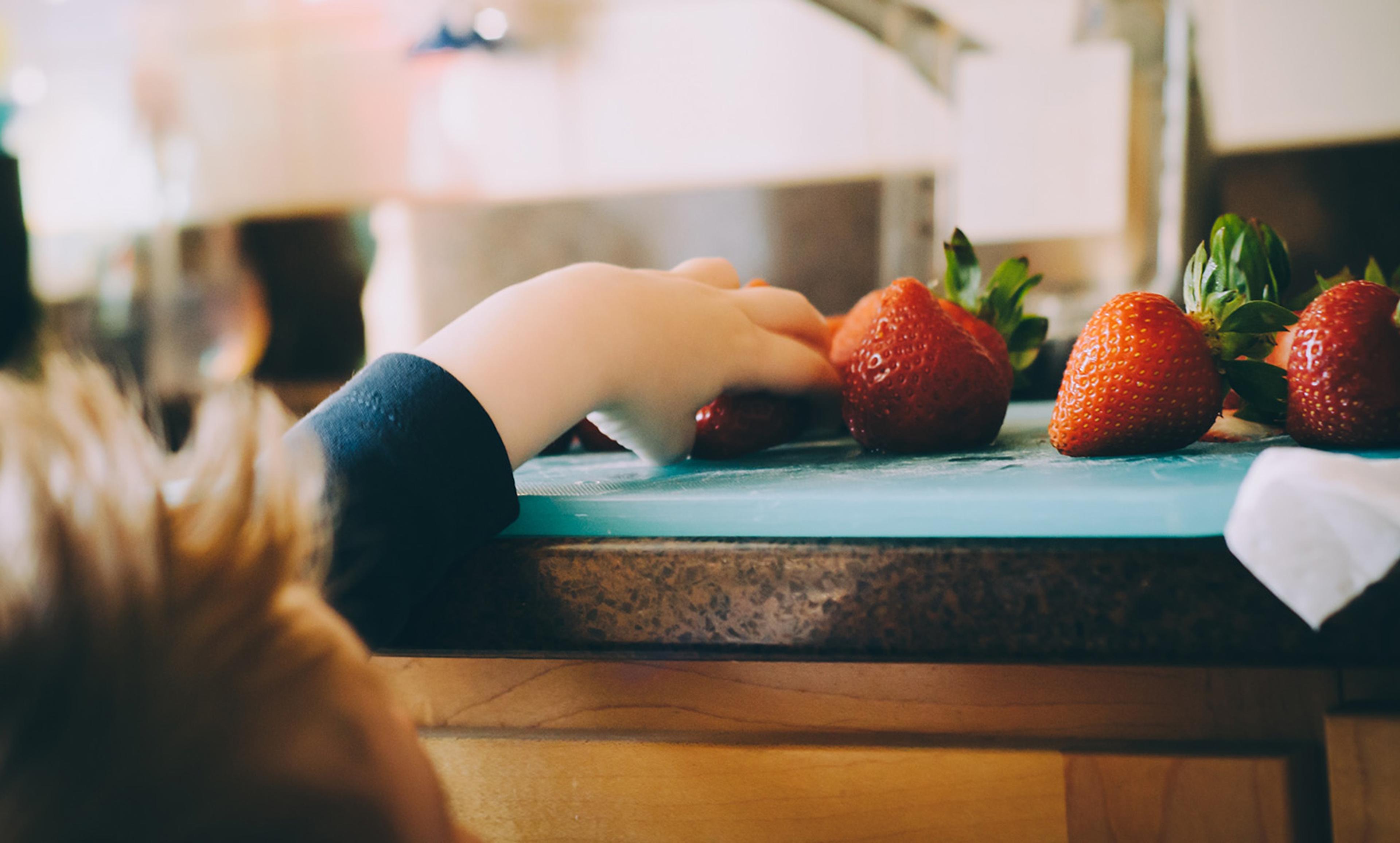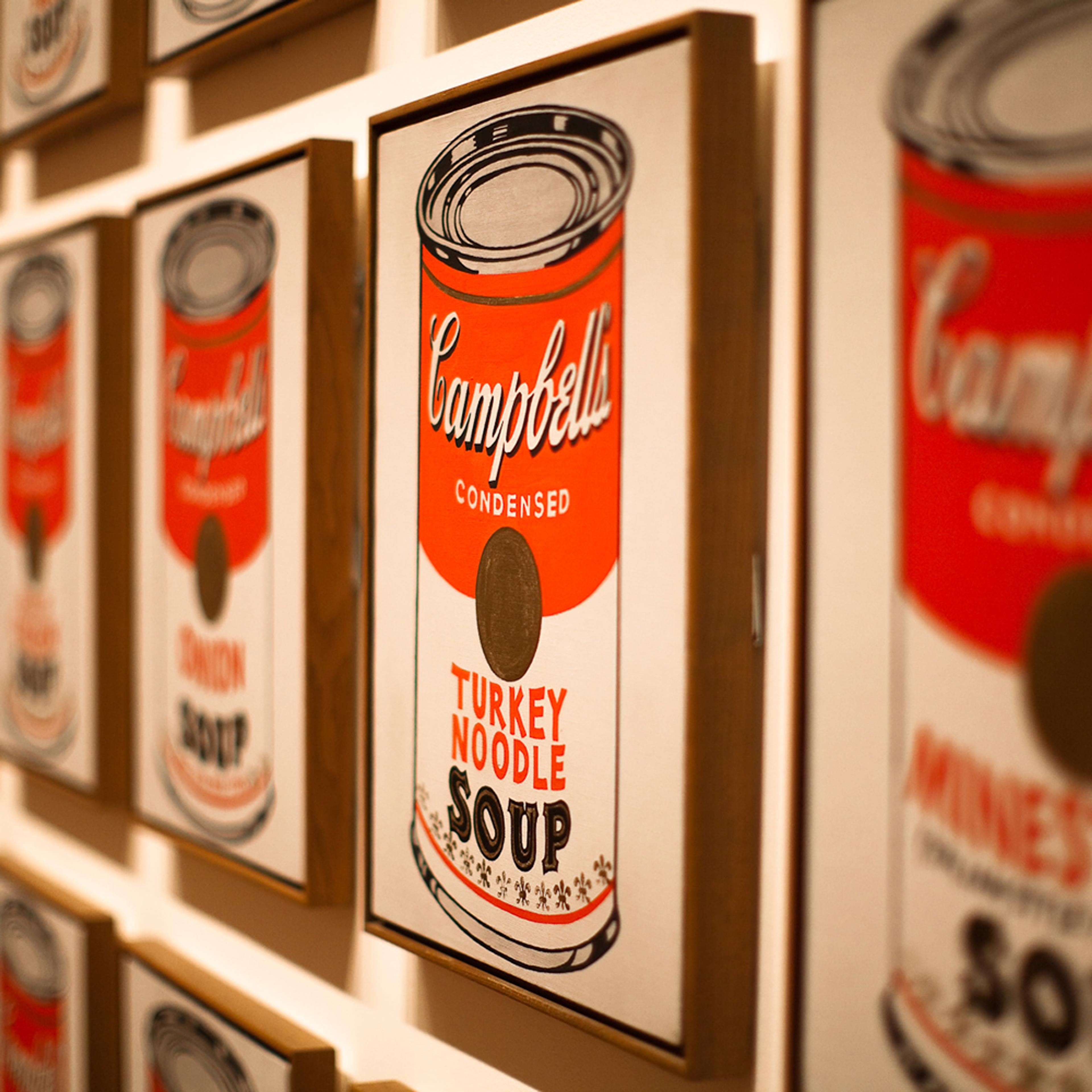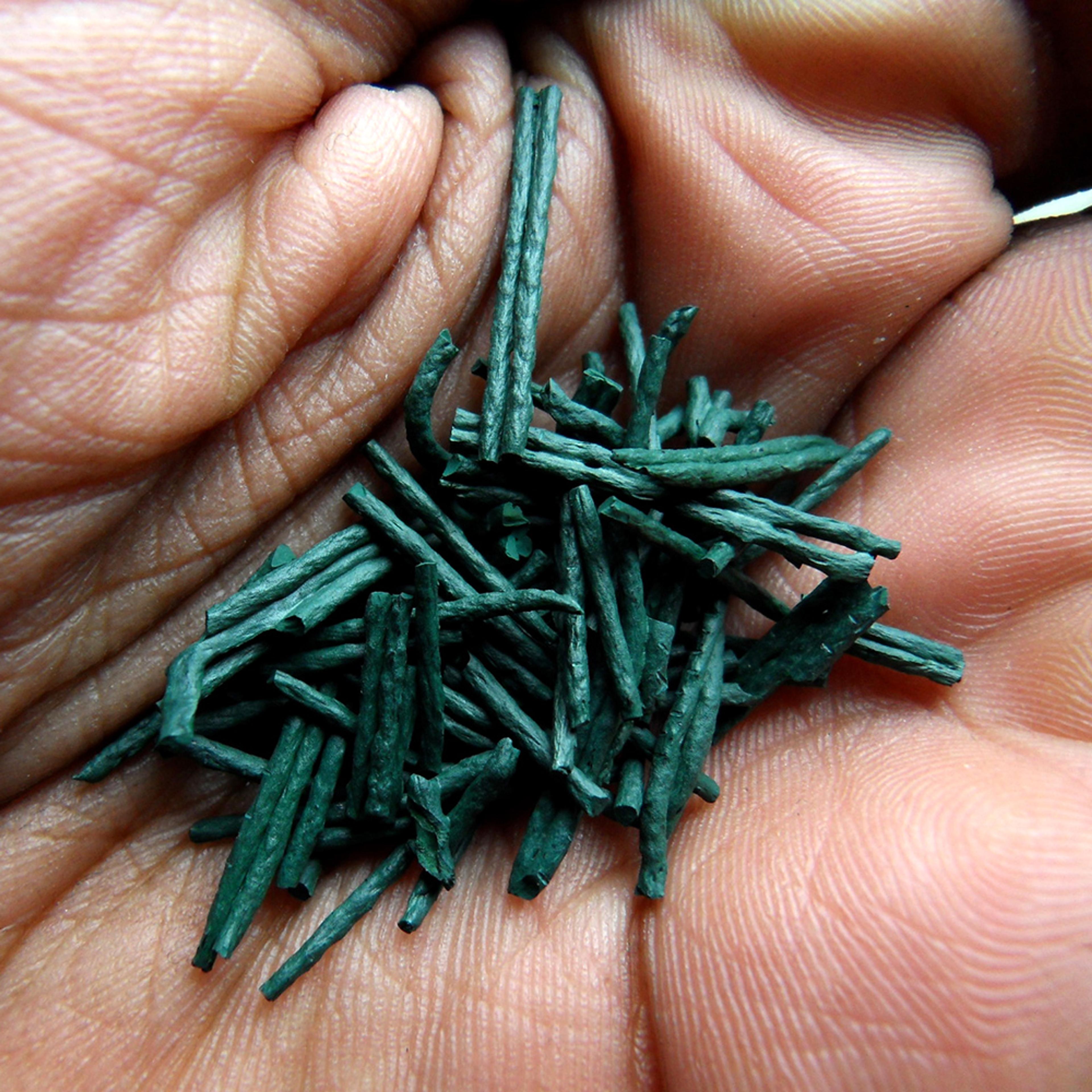Photo by Kelly Sikkema/Unsplash
Last year, a widely publicised study found that eating an exclusively organic diet drastically reduces a family’s exposure to pesticides. Paired with warnings from reputable voices such as the American Academy of Pediatrics, popular coverage would lead you to believe it’s a no-brainer: yes, you really do need to shell out for higher-end organic options to protect your family. And the ‘you’ in this story is often presumed to be the mother.
As sociologists who study the work of feeding children – and two of us are mothers ourselves – we know many parents read this coverage with a sense of alarm or guilt. The message is nothing new. Today’s caregivers are expected not only to make sure kids eat their vegetables, but also to read labels, research omega-3 to omega-6 ratios, and think about the plastic packaging of Organic Cheddar Bunnies.
The ideal of providing an organic diet has become a kind of gold standard of healthy child-raising practice. Over the past decade, we have conducted extensive research on food and mothering that included interviews with more than 100 mothers in Toronto and New York City. We can tell you: mothers are feeling the pressure. Even prosperous parents with an ample grocery budget feel like they are failing to live up to this ideal. Each new health story about arsenic in baby food, the impact of plastic packaging on IQ, or tips for feeding picky children can encourage mothers to wonder if they’re doing enough by their children.
We do not question the science that toxic chemicals in our food are dangerous and can do real damage to our children. We are also certain that the answer to this real problem is not expert, attentive mothering. The star of this story is the ‘organic child’: an imagined pure child who is shielded from risk through careful feeding practices. The organic child ideal suggests that children are best protected through the (conscientious and expensive) practices of parents, and especially mothers. It’s a bad ideal, impossible to fully attain.
In our research, we’ve spoken with many mothers who prioritise organic milk and vegetables, those who focus on minimising food waste, and others who seek to protect kids from fast food. Priorities vary, but the message emerges that mothers are responsible for making carefully considered, often costly food purchases to protect children from the pervasive risks of an industrial food system. The news media and public health initiatives consistently target women as primary caregivers responsible for grocery shopping and home cooking. When it comes to protecting children’s health, mothers are held to a much higher standard than fathers. Even when fathers care about environmental issues, they are less likely to take on the work of managing toxins and family health through food choices.
The ideal of the organic child places a load of care-work on mothers’ shoulders. In practical terms, it means keeping up with the growing list of harmful chemicals lurking in seemingly nutritious snacks, developing new strategies for sneaking vegetables into kid-friendly meals, and preventing children from clamouring for the newest sugary temptation. Feeding an organic child requires shopping at speciality grocers and making baby food from scratch, and also the labour of researching options, planning shopping routines, and factoring in family food preferences. It all leaves many women feeling like they’ve fallen short. One mother we interviewed in New York City joked that she gave up on sleep to find time to make meals from scratch and pack healthy lunches for her children. We also learned that even parents with ample time, money, privilege and access to farmers’ markets struggle to reach the elusive ideal of the organic child.
The organic child ideal has taken hold at a time when an increasing proportion of families struggle to make ends meet. In Canada and the United States, one in six children experiences food insecurity. In an age of tremendous inequality, promoting an ideal of artisanal, chemical-free food is not only unrealistic but downright absurd.
Most time- and resource-strapped mothers simply cannot keep up with the demands of the organic child. The constant struggle of feeding children in the context of poverty is vividly depicted in the book Pressure Cooker (2019) by the sociologists Sarah Bowen, Joslyn Brenton and Sinikka Elliott. They tell the stories of mothers and grandmothers in North Carolina who care deeply about cooking and eating but don’t have the means to enact the ‘perfect’ family meal, sometimes forgoing their own dinner to ensure their children have something to eat. While the strain of poverty is pervasive, women of colour face the added challenge of defending their feeding practices against racist judgments. Black and Latinx mothers in particular are more likely to face the scrutiny of authorities – doctors, social workers, teachers – who might judge a child’s body weight as a reflection of ‘bad’ mothering practices, with potentially severe consequences.
Many low-income consumers tell us they dream of healthy, organic meals, but their daily food realities look quite different. In research with families in California, the sociologist Priya Fielding-Singh found that junk food was one of few indulgences poor parents could offer their kids. In a context of material deprivation, saying yes to a request for chips or chocolate can be an expression of care. In addition, some mothers might be skeptical of food recommendations and body standards perceived as white, top-down and elitist. The material realities of our stratified food system are seldom visible in the glossy pages of food and parenting magazines expounding on the virtues of an organic diet.
The organic child ideal weighs on hearts and minds because it resonates with a common notion: that caregivers and especially mothers, rather than state regulation of industry practices, are the best way to protect children. This presumption leads to impossible demands. And as long as the persistent toxic compounds circulate in our air, water and soil, even the most privileged mothers cannot safeguard their children within an organic bubble.
Striving for an organic child distracts from working for a more democratic, just and sustainable food system. It reinforces a system of protection for the most elite shoppers, while inequalities abound. It is low-income communities and communities of colour who are more likely to live near polluting highways, waste incinerators and factories. They are at greater risk of having high levels of lead in their household and school water supplies. These are problems of racism, corporate exploitation and government neglect.
Adopting a shopping list of organic food staples appears easier (and more achievable) than the challenging, collective work of ensuring that all children have access to safe and nutritious foods. Yet other countries do manage to address the problem as a nation. In 2015, Sweden devised dietary guidelines that make sustainability a national concern, rather than an individual choice. The country, like all members of the European Union, also benefits from stronger protections from toxic substances; regulators require chemical safety to be evaluated before a substance is allowed on the market. Meanwhile, in the US, chemicals are allowed on the market with very little preliminary testing or review.
We have a long way to go to protect children in the US from harmful foods and toxic chemicals, but there is growing support for a universal school lunch programme that would feed all our children a nutritious midday meal for free. In October 2019, the senators Bernie Sanders and Ilhan Omar introduced a bill that would do just that. In her book, The Labor of Lunch (2019), the social scientist Jennifer Gaddis argues that a truly universal school lunch programme must prioritise children’s health alongside environmental sustainability and worker rights, to build a world where school cafeteria workers are empowered to cook nutritious, ethically sourced meals that are free for all children.
We’ll secure real justice only if we move beyond our own carefully screened shopping lists, and take up joint food projects dedicated to the wellbeing of all children – not just the organic ones.






